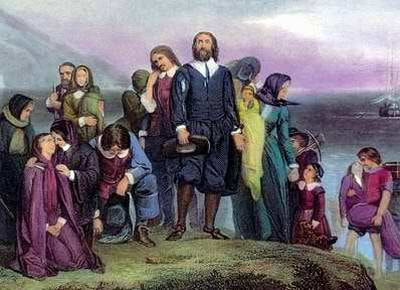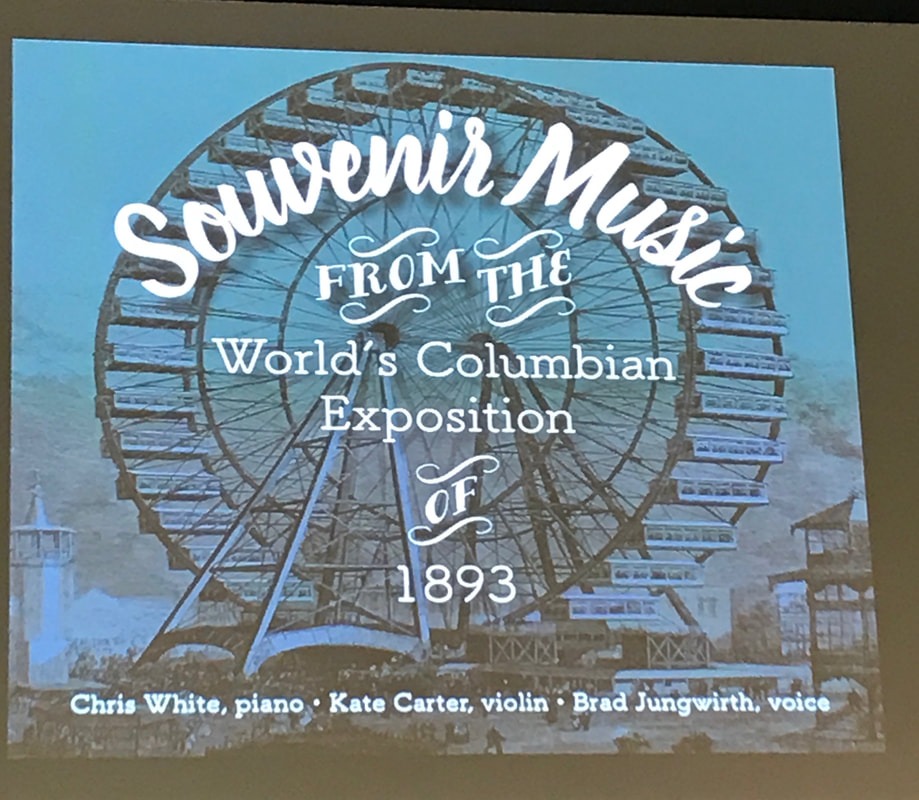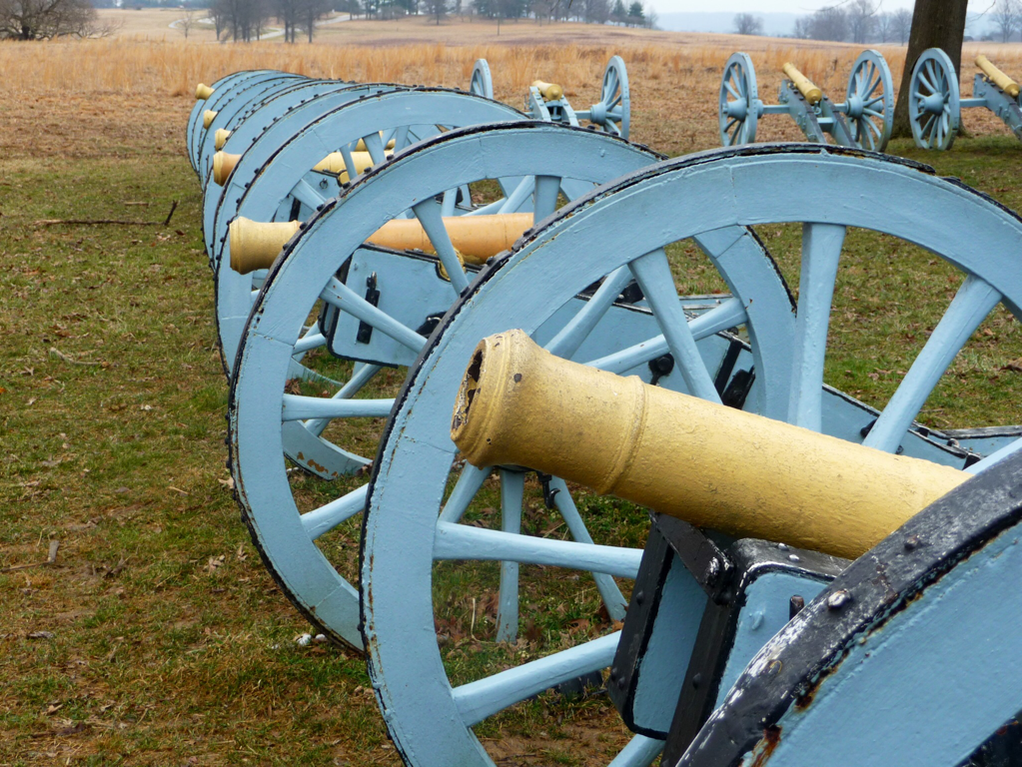|
Revisionist History is troubling for an author like me. How so? My passion is to make Scripture and history come alive for my readers. And I truly believe those who don’t learn from the past, are bound to make the same mistakes in the future. And I am a truth teller. And a lover of history. And most frustrating of all . . . my most polished and submission-ready Middle Grade Historical Fiction takes place at the Chicago World’s (dare I say it?) Columbian Exposition in 1893. It’s obvious I have a passion for history — especially American history. But evidently, we can no longer revere Columbus for his discovery of the Americas. Now his name is tainted, due to new information. They say he had more than honorable motives for his discoveries. Here is a blogpost which mentions the latest view of teaching traditional history in the classroom: Click And what has been the most precious piece of history to an American citizen? Or has been up to now? The first Thanksgiving. Recently, the pilgrims have come under scrutiny for their part in enslaving and murdering the Native Americans. Or at least, considered guilty partners in a chain leading to those unfortunate events in our country's expansion. Since it's been only a week since Thanksgiving, let's examine the event a bit more. . . Who Were the Pilgrims, really?But, if you read any original documents (which is what you want to base your views on - not from Wikipedia or hearsay), you will discover these pilgrims had a high standing with the public in England, Holland and America. In fact, they were the persecuted ones. Why? Because they believed God created all men equal. This belief did not bode well alongside the "divine right of kings." Now you see why they fled England. What sovereign in his or her right mind would want to give up the throne for a democratic society? It's becoming clearer. These pilgrims (also called Separatists) fled first to Holland, where they were accepted with open arms and given freedom to worship and raise their children with Biblical principles. Because they were such honorable citizens, they got along well with others, and made a name for themselves. The pilgrims would never have come to America, had they not seen their offspring slowly adapting to Dutch morals and society, losing the sense of who they were: English first - then law abiding, truth loving, compassionate people with a strong faith. First Hand AccountsIn his book, "The Pilgrim Chronicles: An Eyewitness History of the Pilgrims and the Founding of the Plymouth Colony," Rod Cragg reveals the character, morals and goals of these sojourners. You can find an interview with the radio talkshow host, Janet Parshall here. Cragg quotes many of these original documents he so meticulously gathered and studied. A former journalist and historian, and at present is an adjunct professor of history at Coastal Carolina University, Rod Cragg is well-versed in historical facts, digging deep for the truth. So How Do We Handle Revisionist History?But really - who is perfect other than God himself? Don’t we all have skeletons in the closet? Things we are less than proud of? To be sure. So this is my question (or maybe plea) to the Revisionists: Can’t we take the good part of a man's (or woman's) accomplishments and honor that? Or, is that person doomed, never to see the light of day in history books again?
Let’s be Reconsiderationists. Let see the good in history and elevate it. Then draw out the skeletons and talk about them. Make students think. What happened to them and why? What would they have done differently if they were in this person's place? What do you think? Which side of the controversy are you on? Can we eliminate the bad, and elevate the good? I'd love to see your comments below . . .
8 Comments
Kelly Lentine
11/29/2018 10:31:19 pm
He that is without sin among you, let him first cast a stone at her. John 8:7. Not one person who ever drew breath on this earth has been perfect. And yet, there are moments of greatness done in every human. We need to relish these moments to build up, support the good, and encourage our fellow human beings....which will in turn produce more great moments in the lives around us. I agree with the first thought...celebrate the good.
Reply
11/30/2018 12:43:19 am
What a thoughtful and thought-provoking post, dear Jarm. Thank you for raising this issue and for the links and research. It's so true...none of us are perfect creatures. I love that you encourage discussion and examination of past events, while supporting the recognition of the successes along with the failures of mankind.
Reply
11/30/2018 08:58:43 am
I just finished a non-historical novel, set in the past, by Staci Stallings... She apologized in the beginning that she was not a history writer...yet, I thought the book was one of her best. I would rather have "references" of the time period, with a storyline that is consistent with that time, then to have so much emphasis on the actual history, that the quality of the book itself, gets all tied up in historical facts. Another book I read years ago, I absolutely loved...it was during the Vietnam War, but was more a personal memoir and love story for the main character. A publisher torn the manuscript apart because of accuracy... Ok, if anything, I would have cut out some of the details that were a problem, but I would not change the actual story, which was not a war novel... I think the intent of the author in writing is most important. If you are writing about the people during the period of slavery, then I don't think it must be filled with historical facts to prove the time period. Another book I read, threw in a bit about the Underground Railroad...should the author have stopped to explain when that was and what it was all about. I don't think so... The author controls what is to be written. The reader/reviewer should adjust to that and not try to insert their "should have's" when it comes time to review/criticize. I want to know why the writer wrote the story...and whether it came across as believable...revising history? Isn't that what historians have been doing for hundreds of years...they spin the story to their advantage. We all know, for instance, that the Native Americans were "scammed" right from the beginning...looking back... Why revised that story, as it has been done often, to make the British, French, etc., look better in history books... The truth is in the story, not in the revisioned facts... Dates, details are important in some books...but don't make it a requirement in order to write in the historical period genre...Of course, that is just my personal opinion...
Reply
You have considered these ideas thoroughly, Glenda. I appreciate your insights. I’ve come to discover the difference between creative non-fiction and historical fiction. I tend to put too many facts in my stories, since I want the world to love this great piece of history. But really, that slows the story, as you’ve mentioned. And you are right. We must be readers first, and not accepting of every change appearing to be universal. Especially in history. Thanks for stopping by!
Reply
Carl Brookins
12/2/2018 01:49:28 pm
History, as my wife reminds me, is mostly written by the victors,however that is defined. It is to our detriment, I believe to arbitrarily decide that our past, as depicted in murals and books and mythology, is somehow so tainted by the mistakes and attitudes of our forbearers that we can only rid ourselves of the stigma of our errors, or somehow make restitution to those whom we have wounded. It seems to me that the images of our collective pasts must be available so that we can learn from them. It would be wrong,in my view, for a historical novel set in the Caribbean nations or the southern US to ignore the slave markets, the discipline, and the scurrilous disgusting language. To correct ourselves, we must stare with unfiltered gaze at the lives and actions of our ancestors and then strive to be better, even knowing it is slow, agonizing improvement. My point is, we must not, in any creative efforts ignore or deny history, where and when it is appropriate. For those interested in a deeper dive into western hemisphere history that puts Columbus in more accurate context, I recommend Charles C. Mann's
Reply
12/2/2018 07:36:27 pm
Thanks for the book recommendation, Carl. I will put it on my reading list!
Reply
Your comment will be posted after it is approved.
Leave a Reply. |
Good News!My MG Biblical fiction "The Heart Changer" debuted in 2019 with Ambassador International. Categories
All
|




 RSS Feed
RSS Feed